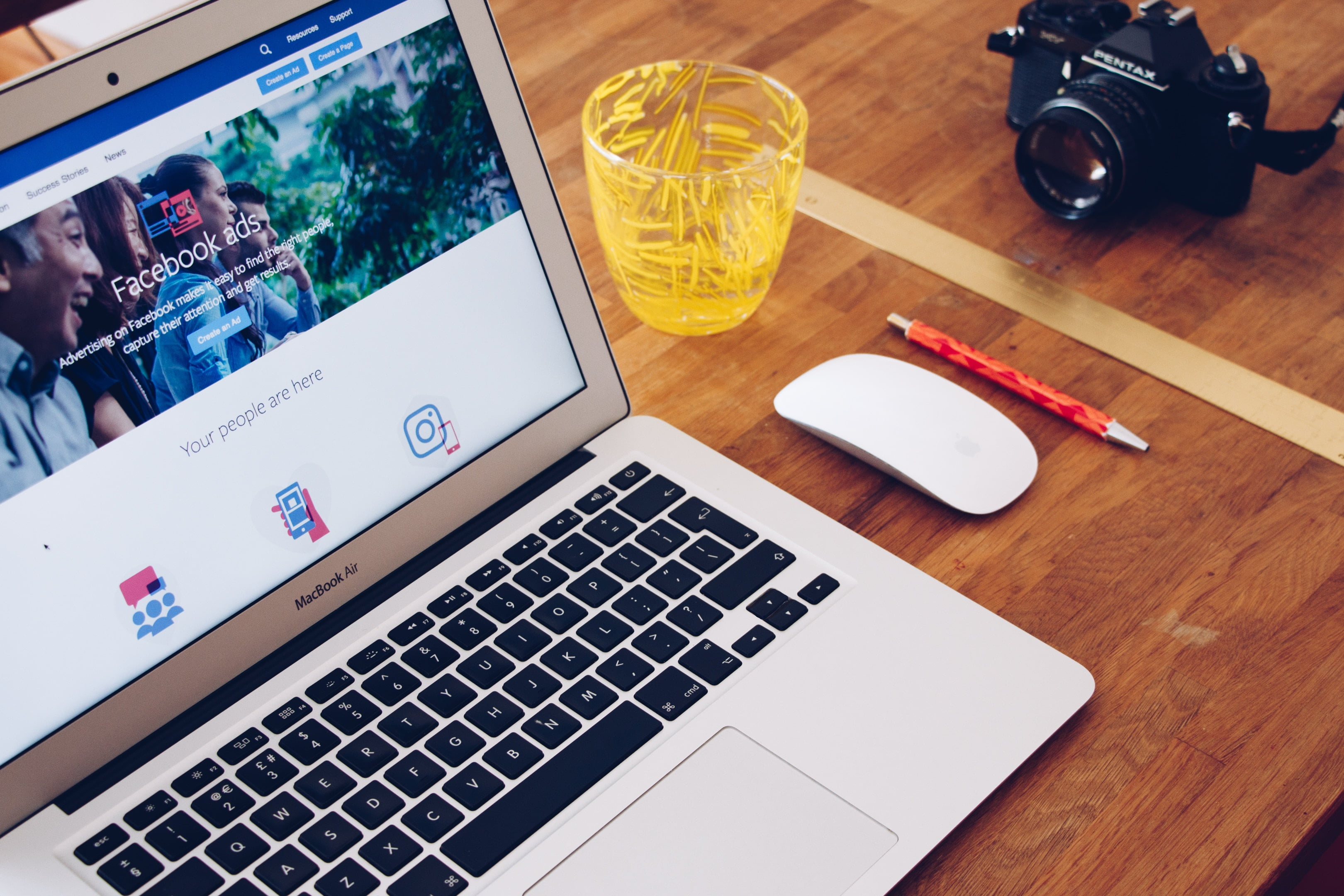Zuckerberg has announced that he is not resigning after uproar over how Facebook executives handled scandals. This question about whether Zuckerberg should stay in Facebook has risen with the New York Times article as context. The article claimed that Zuckerberg and the Facebook COO Sheryl Sandberg knew about the Cambridge Analytica scandal. It also claimed that the two executives deliberately ignored warning signs. In the events of the scandal, Cambridge Analytica used data from millions of Facebook users for political gains. According to the same New York Times report, Facebook knew about Russian influence as early as spring 2016. As a result of Facebook overlooking signs, Russian influenced Cambridge Analytica succeeded in influencing the 2016 US elections.
Zuckerberg said:
“That’s not the plan. I’m not going to be doing this forever, but I’m not currently thinking that makes sense.”
The Report
The Times also reported that Facebook hired a firm called Definers Public Affairs. They did this to retaliate against or spread inflammatory information about its critics. On Friday, a group of Democratic senators sent a letter pressing the social network for more details about its relationship with Definers. During Zuckerberg’s wide-ranging interview, he denied the claims of the report. Rather, he said that he learned of Definers’ work with Facebook by reading the Times report. Zuckerberg said:
“I do run the company. I am responsible for everything that happens here but don’t think this point was about a specific PR firm; it’s about how we act.”
Elliot Schrage, Facebook’s outgoing head of public policy, took the blame for hiring the Definers. This announcement came from a memo acquired by TechCrunch. In the memo, Schrage reportedly admitted having the company push negative narratives about competitors but denies asking or paying Definers to publish fake news.
Facebook didn’t immediately respond to a request for comment on the memo.
Reaction by Zuckerberg
Zuckerberg also defended his company’s decision to leave up a controversial 2015 post by Donald Trump calling for a “total and complete shutdown” on Muslims entering the US. He said:
“I think it’s important that people have the opportunity to hear what political leaders are saying. In those cases, I don’t think that a lot of the content violated our policies.”
Facebook isn’t the only social network wrestling with how to deal with Trump’s tweets. Using Twitter, Trump has attacked companies like Amazon and Google, as well as private citizens like union leader Chuck Jones in 2016. Twitter CEO Jack Dorsey has defended the president’s presence on Twitter, claiming the social network is giving the world a direct line to world leaders and fostering an “open conversation.”
Stay tuned for more updates!




Share Your Thoughts